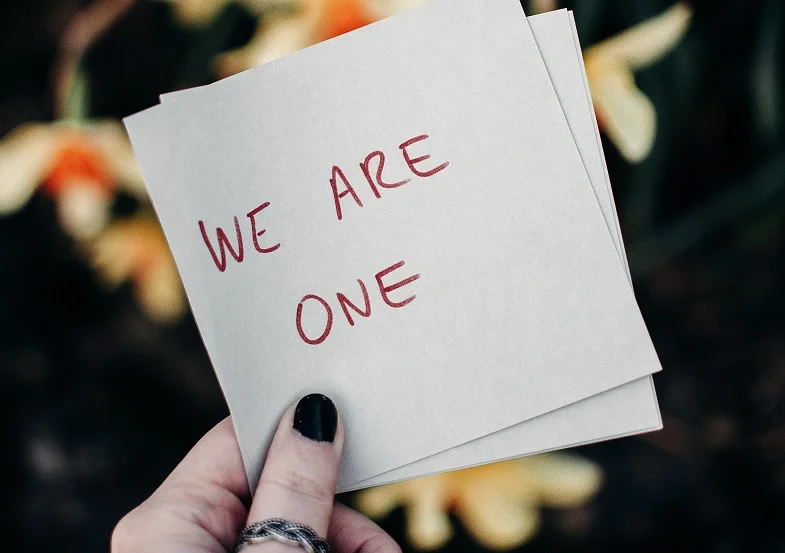Mental health has long been treated as a taboo topic—something to avoid or conceal. Yet the reality is that mental well-being is just as vital as physical health. By openly discussing our struggles, we create stronger communities, encourage those in need to seek help, and chip away at harmful stereotypes.
Why Destigmatizing Mental Health Matters
Nearly 1 in 5 adults in the United States experiences a mental health condition each year. Despite COVID-19–driven progress, many still dismiss or belittle mental health concerns as “not as real” as physical illnesses. The consequences of this stigma include:
-
Delayed treatment: People hesitate to seek help until symptoms become severe.
-
Isolation and shame: Individuals feel judged, fueling depression, anxiety, and hopelessness.
-
Workplace barriers: Employers deny or minimize mental health coverage, making care inaccessible.
-
Misunderstood symptoms: Physical signs like fatigue, insomnia, or unexplained aches often go unlinked to mental distress.
By raising awareness and normalizing conversations about mental health, we ensure more people get timely support—improving quality of life and reducing the burden on families and communities.
How COVID-19 Accelerated the Conversation
The onset of COVID-19 forced millions into isolation, disrupted routines, and created widespread anxiety. Suddenly, mental health could no longer be “ignored.” Slogans like “We’re in this together” brought mental well-being into everyday discussion:
-
Remote learning and parenting strains made clear the emotional toll on families.
-
Economic uncertainty left many struggling with depression and fear.
-
Social isolation intensified loneliness among all age groups, especially seniors.
While the pandemic’s impact was devastating, it also helped normalize mental health check-ins, teletherapy, and employer-backed support programs. Now, it’s up to all of us to keep that momentum going.
Common Mental Health Myths We Still Need to Bust
-
“Mental health isn’t as important as physical health.”
Reality: The mind and body are connected. Unmanaged mental health conditions can manifest physically—through headaches, sleep disturbances, digestive issues, and more. -
“People with mental illness are weak or lazy.”
Reality: Mental health struggles are medical issues, not character flaws. Judging someone for seeking help is as misguided as shaming someone for needing a broken-leg cast. -
“If someone wanted help, they would just get over it.”
Reality: Asking for help takes courage. Access barriers—like lack of insurance, cultural stigma, or limited provider availability—often prevent people from reaching out. -
“Talking about mental health makes things worse.”
Reality: Open conversations reduce isolation. Sharing experiences creates connection and often leads to faster intervention and recovery.
3 Ways You Can Raise Mental Health Awareness
1. Talk About Your Own Experiences
If you feel safe doing so, share your mental health journey—either in person or anonymously online. Vulnerability begets community. Simply saying, “I’ve been struggling with anxiety” can open the door for others to share their stories and feel less alone.
Tips for sharing:
-
Start small. Mention how therapy helped you manage stress.
-
Write an anonymous blog post or social-media thread if you prefer privacy.
-
Encourage friends or coworkers to share resources you’ve found helpful.
2. Advocate for Yourself and Others
Don’t hesitate to speak up when you or someone you care about needs help:
-
At the doctor’s office: Ask about mental health screenings or referrals to a therapist.
-
At work: Request mental health days when needed. (Many states now mandate a certain number of wellness days.)
-
Among friends and family: Provide educational resources—articles, podcasts, or reputable websites—so they can better understand what you’re going through.
By normalizing these conversations, you help reshape how mental health is viewed in healthcare, workplaces, and social circles.
3. Share Mental Health Content on Social Media
Amplify mental health awareness by reposting and bookmarking trusted resources:
-
Infographics on anxiety, depression, or self-care practices
-
Videos featuring therapists debunking common myths
-
Campaigns during Mental Health Awareness Month (May), World Mental Health Day (October 10), or local events
Even if you don’t create original content, sharing expert-backed posts helps educate your network without the pressure of personal disclosure.
Making Change Last: Beyond the Headlines
Breaking down mental health stigma requires more than a viral hashtag. Long-term impact comes from:
-
Continued Education: Host or attend workshops, webinars, and community panels.
-
Policy Advocacy: Contact legislators to support mental health parity laws and insurance coverage for therapy.
-
Workplace Culture: Encourage employers to provide Employee Assistance Programs (EAPs), flexible schedules, and mental health training for managers.
-
School Programs: Advocate for mental health curricula, on-site counselors, and anti-bullying initiatives in K–12 and college campuses.
When mental health is integrated into every facet of our society, people in crisis are far less likely to slip through the cracks.
You Can Help Destigmatize Mental Health Today
Whether you share your story, advocate for better coverage, or amplify awareness posts online, every action matters. By talking openly about mental health, we create a world where no one feels ashamed to ask for help.
Remember: You are not alone. Together, we can remove the shame, encourage early intervention, and build a more compassionate community—one conversation at a time.


